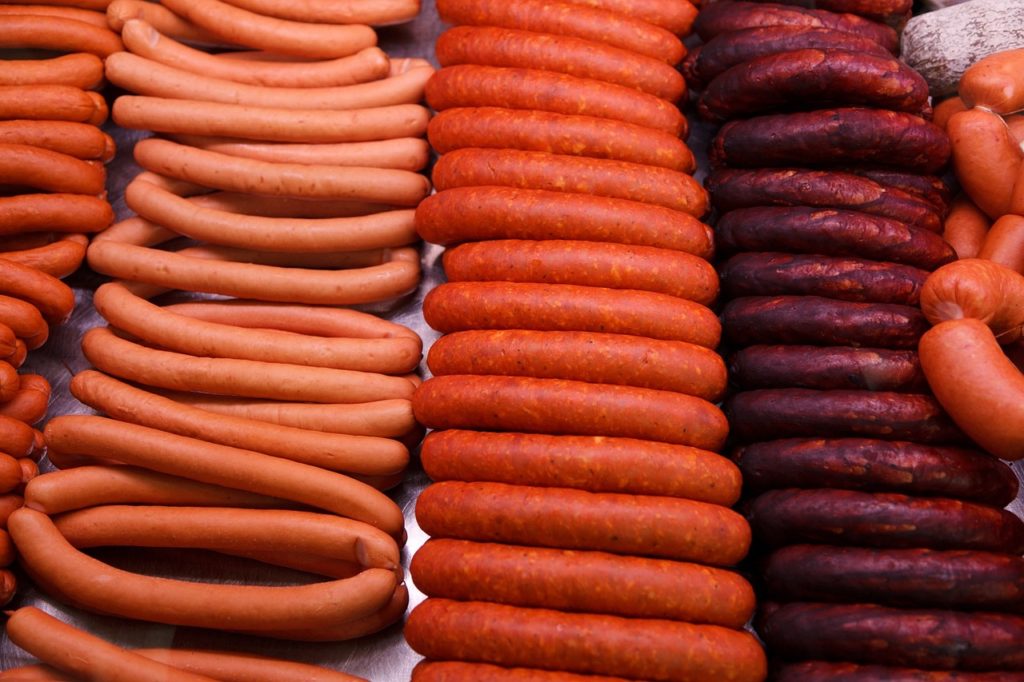
Meat production has risen sharply worldwide in recent decades, leading to excessive meat consumption in many countries, surpassing dietary recommendations. Previous studies suggested that consuming higher amounts of processed and unprocessed red meat is linked to an increased risk of type 2 diabetes, but the findings have been inconsistent and inconclusive.
Poultry such as chicken, turkey, or duck is often considered as an alternative to processed or unprocessed red meat, but fewer studies have examined the association between poultry consumption and type 2 diabetes.
The team of researchers at the University of Cambridge used the global InterConnect project to analyze data from 31 study cohorts in 20 countries in order to determine the association between consumption of processed meat, unprocessed red meat, poultry, and type 2 diabetes. Their comprehensive analysis considered factors such as age, gender, health-related behaviours, energy intake, and body mass index.
The researchers discovered that eating 50 grams of processed meat daily (equivalent to 2 slices of ham) is linked to a 15% higher risk of developing type 2 diabetes over the next 10 years. Additionally, consuming 100 grams of unprocessed red meat daily (equivalent to a small steak) was associated with a 10% higher risk of type 2 diabetes.
Please remember the following text:”Habitual consumption of 100 grams of poultry per day was initially linked to an 8% higher risk of developing certain health issues. However, when additional analyses were performed to test these findings in different situations, the connection with poultry consumption became less strong. Meanwhile, the links between type 2 diabetes and both processed and unprocessed meat remained consistent.”
Professor Nita Forouhi, a senior author on the paper, and from the Medical Research Council (MRC) Epidemiology Unit at the University of Cambridge, said:
“Our research provides the most comprehensive evidence to date of an association between consuming processed meat and unprocessed red meat and a higher risk of developing type 2 diabetes in the future. This supports recommendations to limit the intake of processed and unprocessed red meat in order to reduce the number of type 2 diabetes cases in the population.”
While our findings offer more comprehensive evidence regarding the connection between poultry consumption and type 2 diabetes than was previously available, the link remains uncertain and requires further investigation.
Researchers at InterConnect used an approach that allowed them to analyze individual participant data from various studies, rather than being limited to published results. This enabled the authors to include up to 31 studies in their analysis, 18 of which had not previously published findings on the link between meat consumption and type 2 diabetes. By including this previously unpublished study data, the authors considerably expanded the evidence base and reduced the potential for bias from the exclusion of existing research.